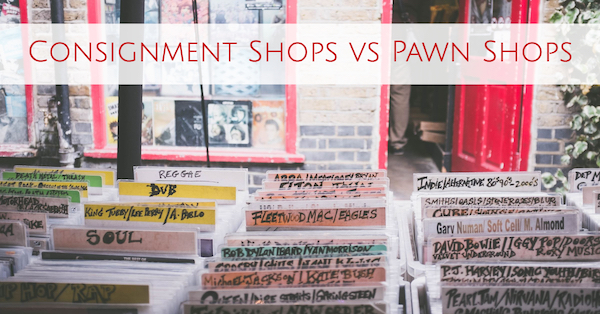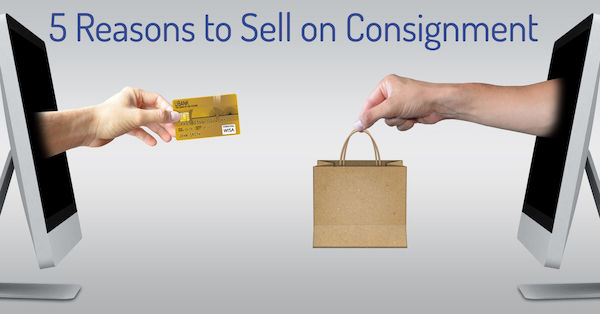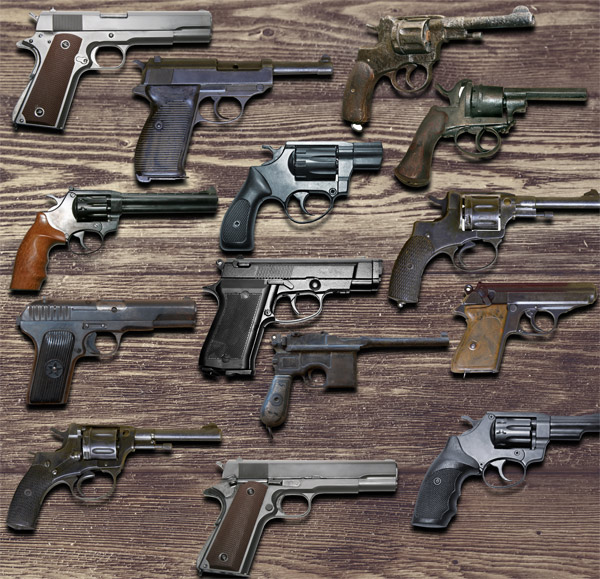What comes to mind when you hear “consignment shop”? What about “pawn shop”? We’ve noticed a lot of folks are not aware of the differences between consignment shops and pawn shops, and since we offer both options at Lambert Pawn, we thought it was worth clarifying. Consignment Shops vs Pawn Shops The difference between consignment […]

July 16, 2018

April 2, 2018
5 Reasons to Sell on Consignment
Selling furniture, jewelry, art and clothing on consignment is a popular choice for anyone looking to earn some money on high-value items without the hassle of managing the sale. There is a lot involved in the sale of an item, including advertising, negotiating, and working through the weeds of unmotivated buyers. Selling via consignment allows […]

June 27, 2016
What You Need to Know about Firearms Consignment
If you own firearms, you may wonder about selling firearms on consignment. There are many lines of thinking about this, but if you’d like to sell your guns for a fair price, consignment can often help you get the best price for your guns. Before you get started, there are a few things you should […]

Recent Comments